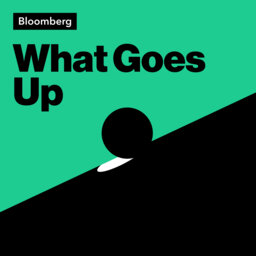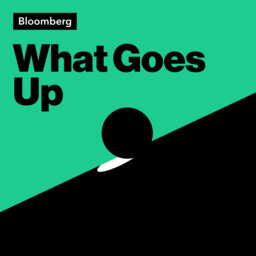How to Beat the S&P 500 by 30 Percentage Points
By mimicking strategies common among some quantitative hedge-fund firms, the iM DBi Managed Futures Strategy ETF has surged 21% so far this year—beating the S&P 500 Index by about 30 percentage points. Andrew Beer, one of the managers of the active exchange traded fund, joined the latest episode of the “What Goes Up” podcast to explain the secrets of its success amid a brutal year for both stocks and bonds.
In 1 playlist(s)
What Goes Up
Hosts Mike Regan and Vildana Hajric are joined each week by expert guests to discuss the main themes…Social links
Follow podcast
Recent clips

Listen Now: Beak Capitalism from Odd Lots
00:59

Elon, Inc: Elon Musk Bingo on Tesla’s Earnings Call
27:39

Introducing: Bloomberg News Now
00:51
 What Goes Up
What Goes Up